*This post is in partnership with Responsibility.org. I am proud to be a #TeamResponsibilty ambassador and share these messages with you. As always, all thoughts and opinions are 100% my own.
We have been living in unprecedented times this past year with structures we have long relied on like schools, restaurants, and workspaces being completely shut down within a matter of days. While the immediate reaction for many was survival I feel like more recently, as things have started re-opening, we are finally having the opportunity to catch our breath and assess the toll this past year has taken on our mental health and our families.
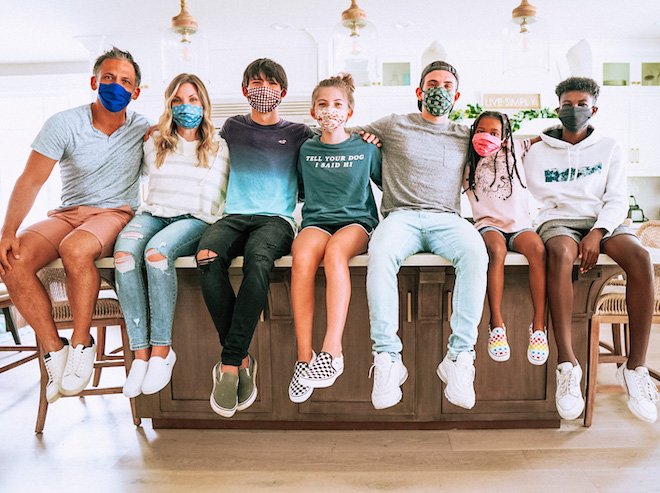
This is why I found it so refreshing listening to Dr. Pooja Lakshmin speak at Responsibility.org‘s most recent virtual summit. She not only nailed my feelings of burnout but gave me actionable steps to lessen my mental load.
The Truth About Burnout
Dr. Lakshmin explained that our feelings of burnout are completely normal and understandable. She also went even deeper explaining that the reason we are feeling this so deeply is that the societal structures that are typically in place to help families have failed us. Our schools are closed, many individuals lost their jobs or had to quit in order to help their children at home, and others are left trying to scramble juggling all the roles (parent, teacher, employee, wife, coach, etc…).
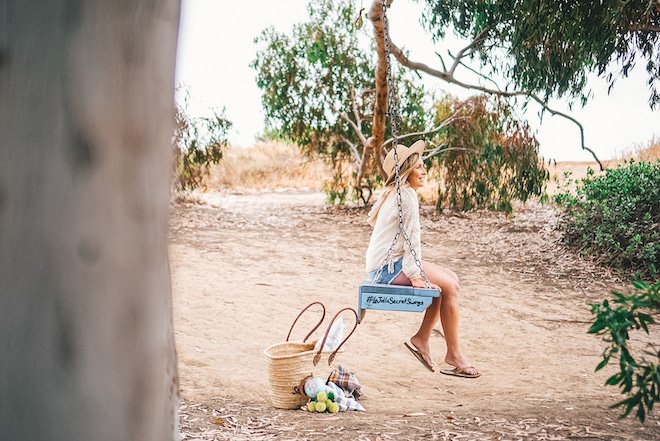
The good news is that although we are not capable of fixing all that is broken right now, Dr. Lakshmin gave suggestions on ways that we can work on our own personal growth. The following techniques can help lessen our own mental load while also modeling healthy stress management in front of our children.
Five Ways You Can Reduce Stress Right Now!
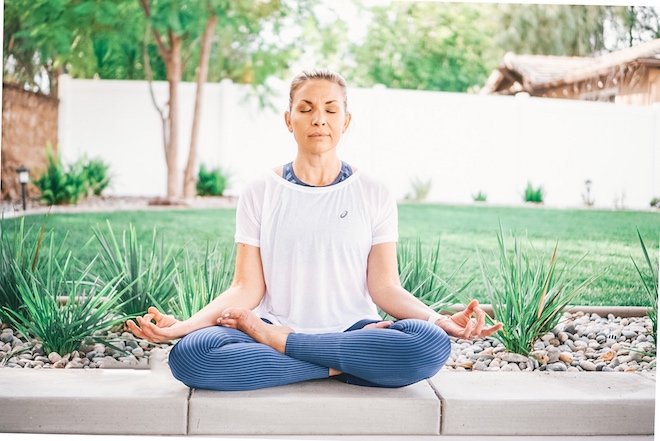
- Feelings are not the problem- they are the SOLUTION! Dr. Lakshmin explained the theory of cognitive diffusion which is basically learning to accept difficult feelings and thoughts. With practice we can accept the feelings we have without allowing them to define us. Meditation is something I have been practicing daily and it has helped teach me to name my feelings without becoming them.
- Let go of the “right choice”. The truth is in these trying times the right choice for our family doesn’t always come guilt-free. Dr. Lakshmin explained that sometimes there is NO perfect answer. We have to make the best decisions we can, with the information we have, at that time.
- Identify your values– One way the best ways to help you make these hard decisions is to identify your values as an individual and as a family. By knowing your “why” you can more easily make decisions that you will feel good about.
- Set boundaries- Dr. Lakshmin also reminded us that saying no is like building a muscle, it takes practice and discipline. One statement she made that has been helpful to me is “No is saying yes to the right things”.
- Watch harmful/negative self-talk– as Oprah says, “You become what you believe.”. Just as negative thoughts can leave you feeling helpless and unmotivated. Practicing positive affirmations and being gentle with the way you talk to yourself can make a profound effect on your overall happiness level.
For more tips on women’s mental health check out Dr. Lakshmin’s website or follow her on Instagram at @womensmentalhealthdoc.
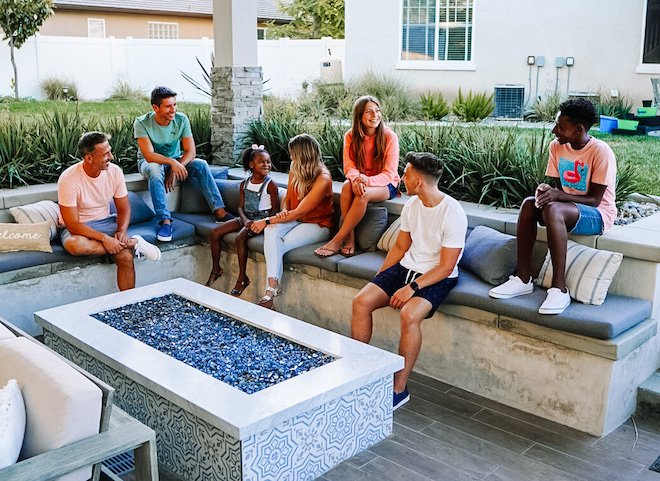
Educating our children about healthy stress management and having open conversations about alcohol responsibility helps them develop the skills they need to lead healthy lives as adults. Cultivating a lifetime of conversations with our kids is an important mission of Responsibility.org‘s but even more so this month with it being Alcohol Responsibility Month. On Responsibility.org’s site, you can find helpful conversation starters to help jumpstart these incredibly important conversations.
- 20 Incredible Things to do in New York with Kids [+ Where to Eat & Stay] - April 10, 2025
- How Much Does a Disney Cruise Cost? + Money Saving Tips - March 28, 2025
- DisneyWorld Crowd Calendar 2025 [+ FREE Printable] - February 12, 2025
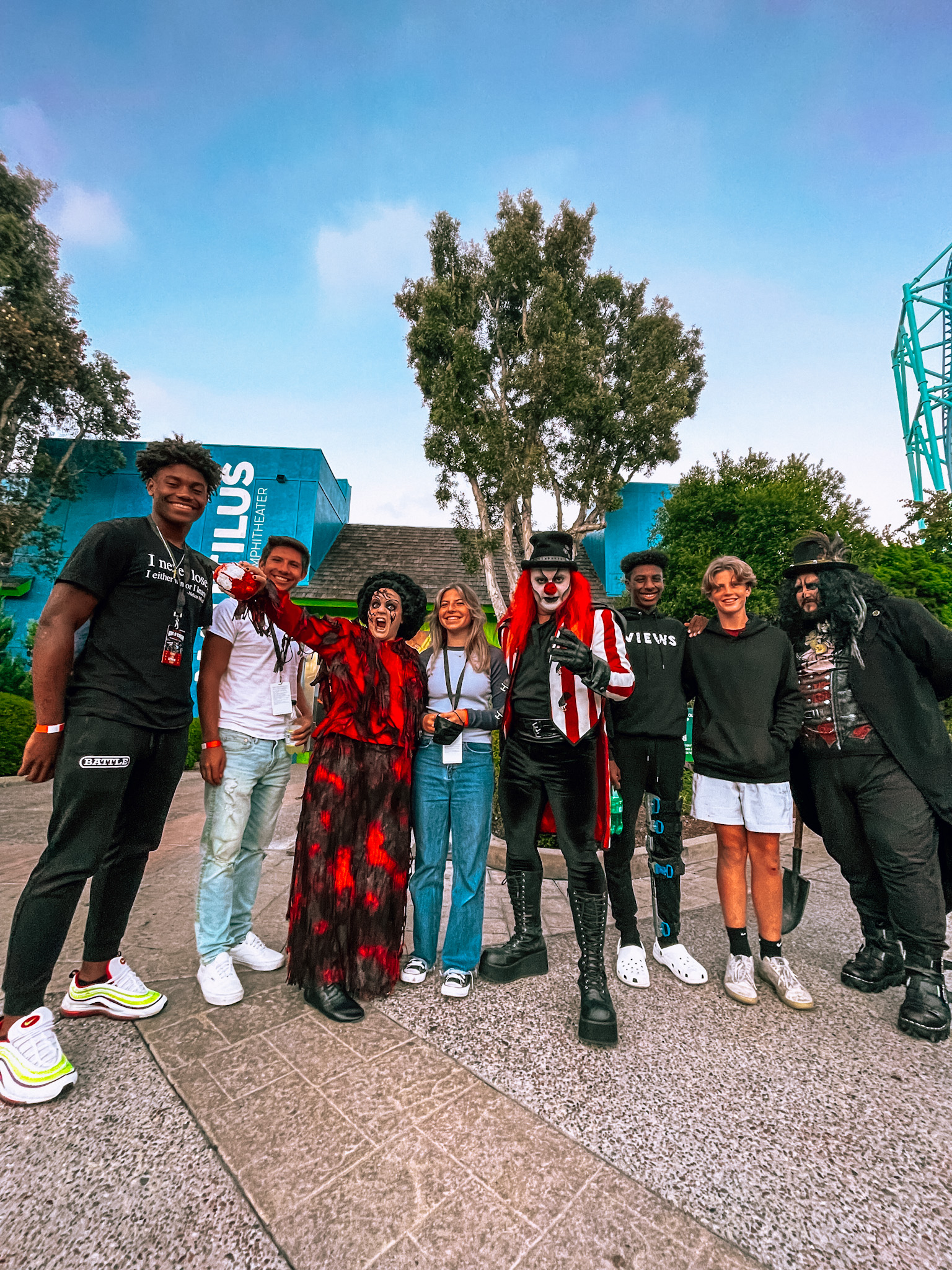
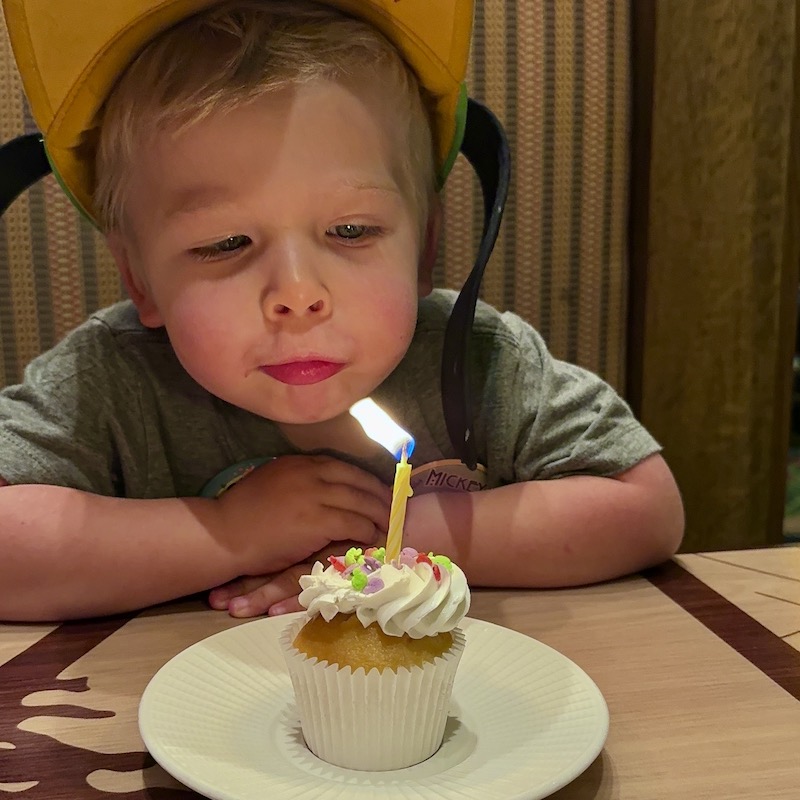
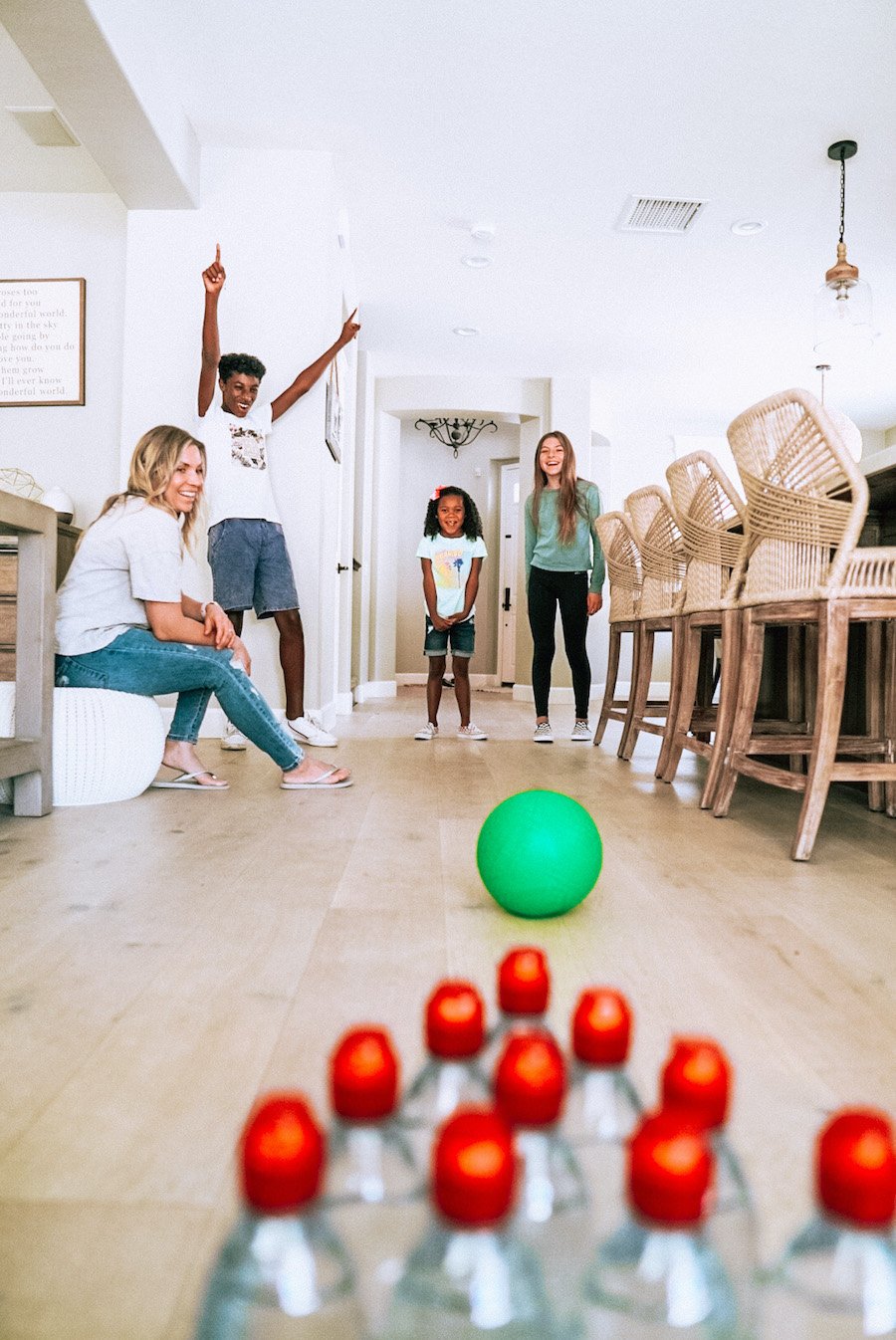

+ show Comments
- Hide Comments
add a comment